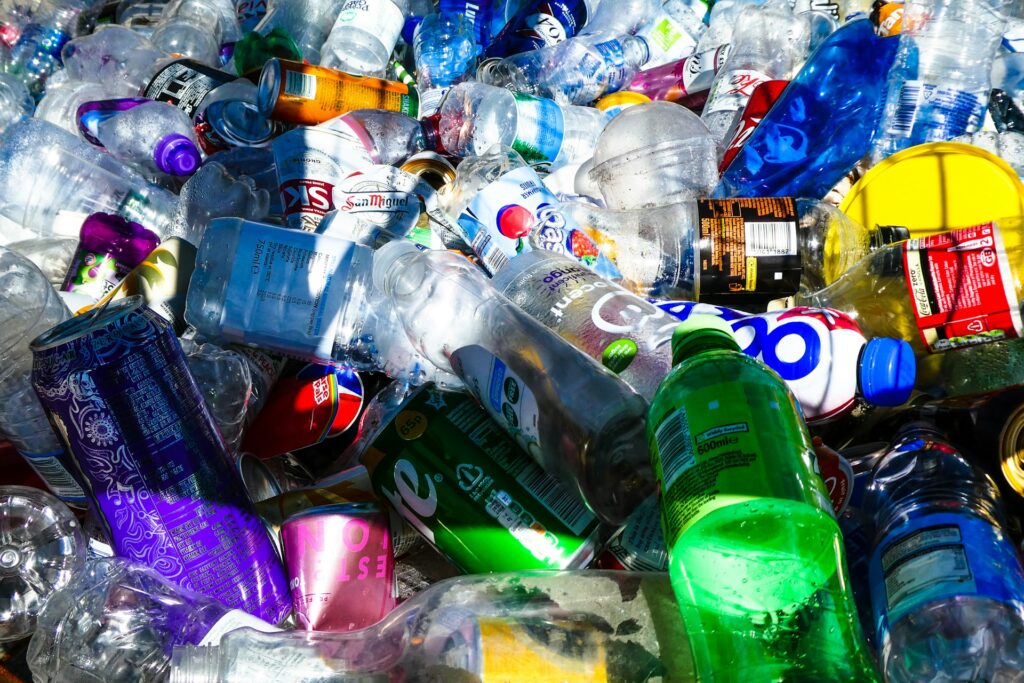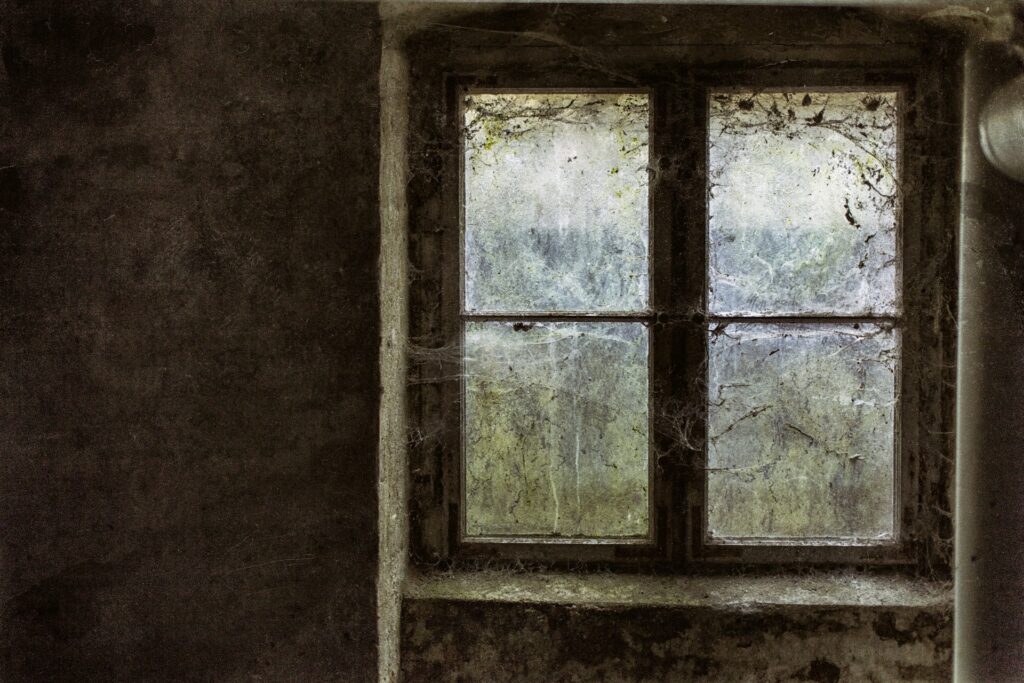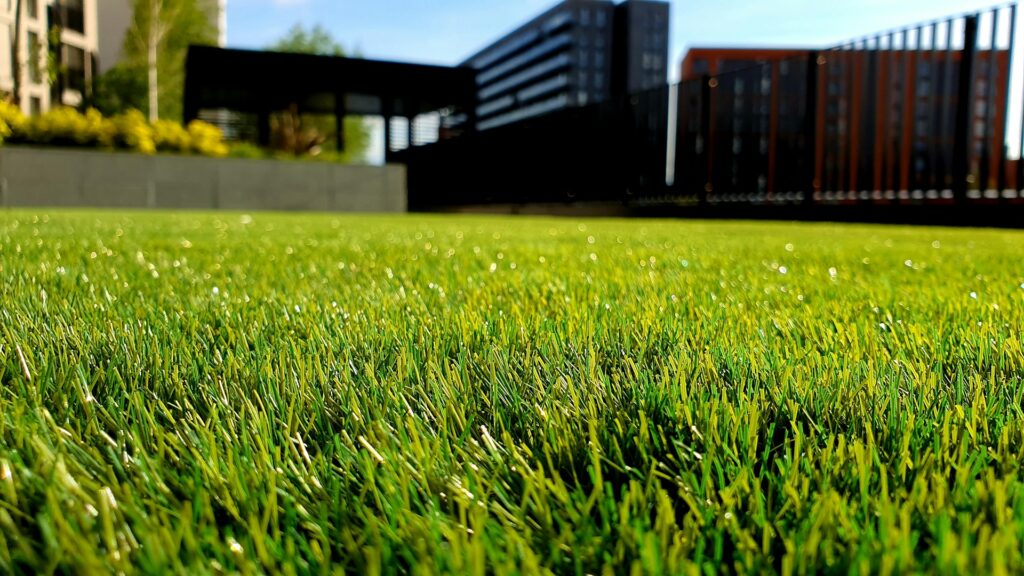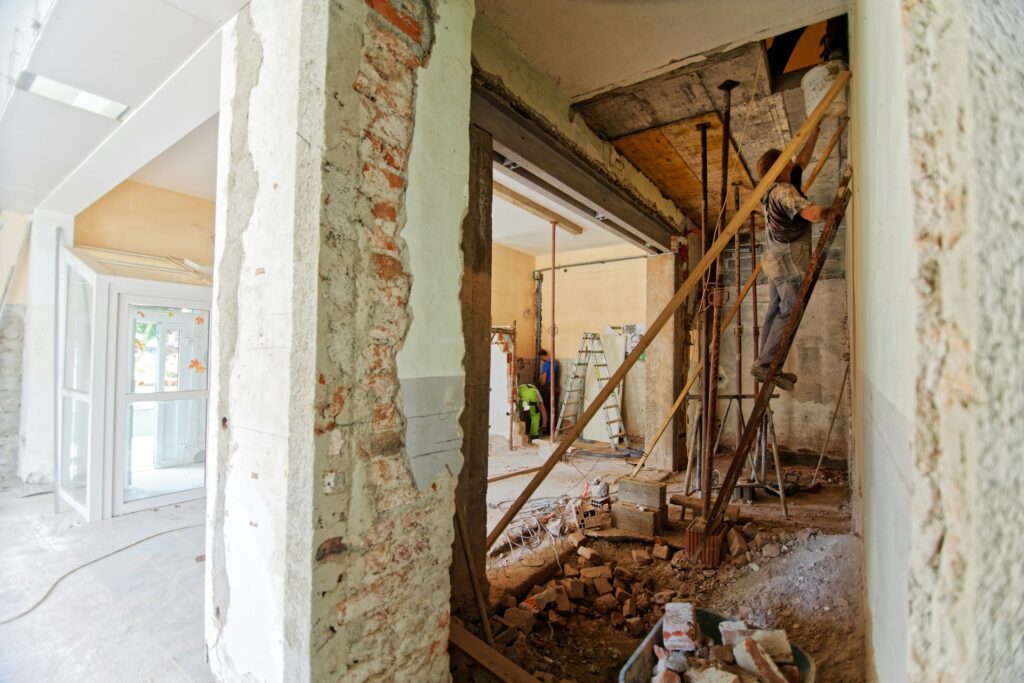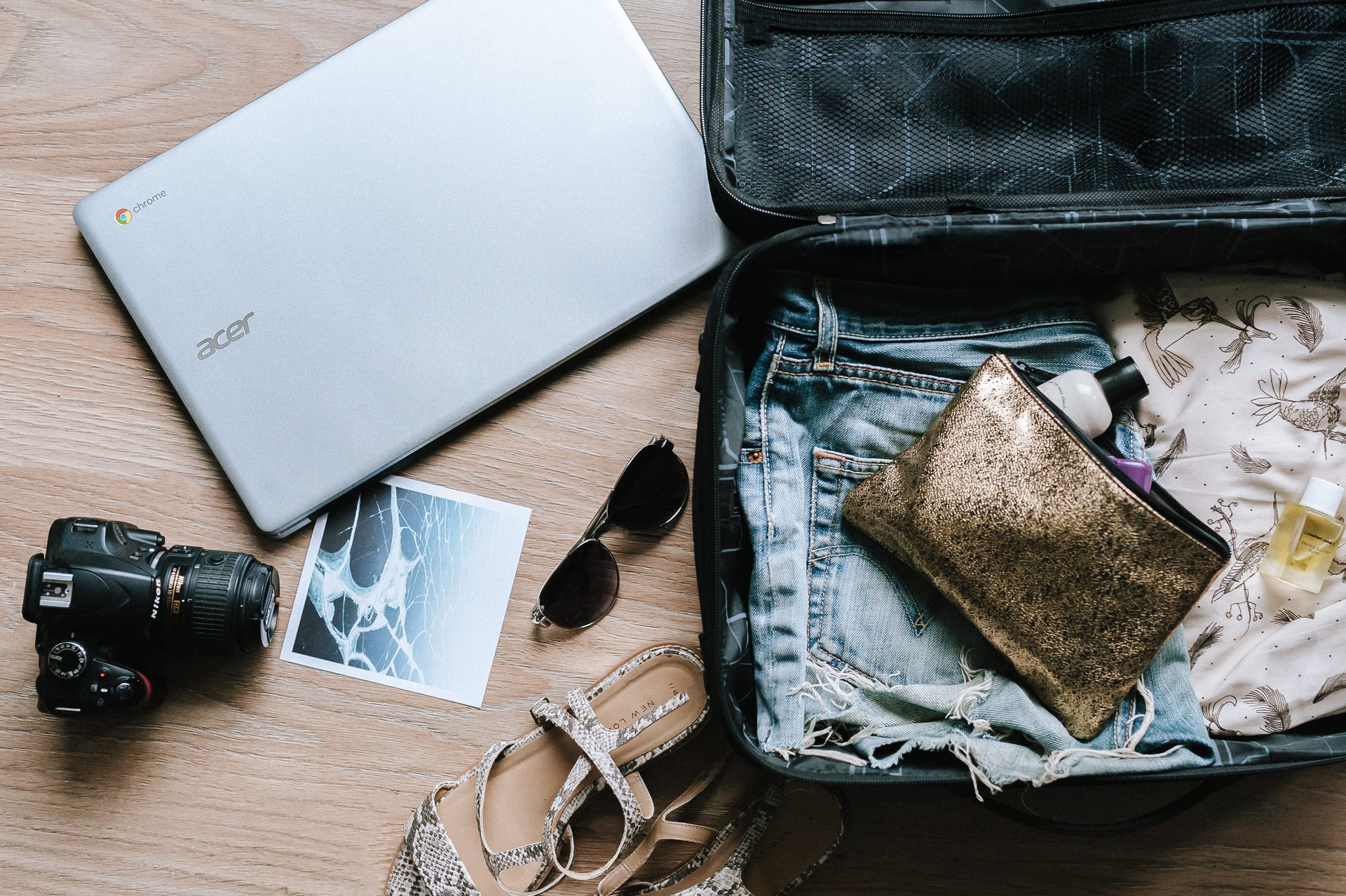
We are reader-supported. When you buy through links on our site, we may earn an affiliate commission.
Before you head out on holiday, it’s essential to prepare your home for the time you’ll be absent. Long vacations require a bit more prep than a weekend trip, but the process isn’t complicated. Preparing your house for an extended vacation is a breeze when you consider the important areas that’ll need your attention.
Here are seven tips for keeping your home secure and energy-efficient while on vacation:
1. Set Up a Security System
Now is a great time to establish a home security system if you don’t already have one. Many modern systems like Ring can operate on your smartphone for remote viewing, and they provide videos of activity around your home. Use apps like iCam and Presence to take a peek inside your house while being miles away. Both of these apps turn old smartphones into low-cost security cameras.
Does your community have a security presence in place? Go the extra step and let your neighborhood watch know you’re going out of town. They’ll be able to stay on alert for any suspicious happenings near your place.
2. Inform Your Neighbors
Your neighbors are closer to your home than most acquaintances, and they have a front-row seat to virtually any incidents. While you may consider this a nuisance with nosy neighbors, well-meaning ones will look out for you and check on your place to ensure everything’s alright.
Ask them to water your plants or feed your pets if you didn’t take them with you. Supply your neighbors with your contact information as well as emergency numbers.
Not close to your neighbors? Don’t worry, you still have options. Call up a friend or coworker who doesn’t live too far away. They’ll work just as well, and you already have first-hand experience with their trustworthiness.
3. Unplug Appliances
Did you know appliances use energy even when they’re not turned on? Unplugging your devices is the best way to save energy and money while on an extended vacation. Turn off anything you’re not taking with you and don’t need to leave on, such as microwaves, lamps, toasters and TVs.
Unplugging your electronics serves as a protective measure in addition to its power-saving benefits. Power surges can ruin your devices and cause them to work improperly or not at all. Even if there are no immediate repercussions, these overloads can degrade your appliances over time and shorten their lifespans.
4. Secure Your Outdoor Objects
You may have planned your vacation to the letter, but the weather can be unpredictable. In case the elements turn while you’re gone, prepare your house by tying down valuables like tables, chairs and yard decorations, or bring them inside.
If you have a shed, use it. This practice is useful even if there’s nothing but sunny skies ahead — it protects your belongings from potential thieves or curious animals.
Lastly, prevent damage to your siding by securing screen doors or other objects that could come loose and bang around.
5. Put Your Mail on Hold
An overflowing mailbox sends a beacon to the world that you’re gone. Maintain your mailbox by asking a neighbor or friend to check it at least every other day. You can also pause your mail by contacting USPS and requesting them to stop deliveries for the length of your trip.
Have them forward letters and packages to another address if you’d rather not stall the services.
Don’t forget about any weekly or monthly subscriptions — put these on hold, too.
6. Clean Your Fridge
Remove anything likely to spoil while you’re away. Preparing your house for an extended vacation often means leaving behind a fridge full of food. While this isn’t necessarily a bad thing, some foods expire quicker than others. The last thing you want to come back to is a pot of leftover meatloaf growing a new ecosystem.
You can minimize the work you need to do by carefully meal planning before your trip. Try to get through any meat, produce or dairy hanging out in your fridge. You can either eat your meals before they expire, freeze them for another time or give them away for a friend to enjoy.
If you’re serious about energy savings and don’t have much food crowding the fridge, remove everything and unplug it. Lay towels in the freezer to soak up any melted ice.
7. Use a Smart Timer
You may have heard about leaving your lights on to deter thieves, but this isn’t always the best option.
Setting your lighting system to a timer is more effective because you can schedule your lights to come on at times you’d usually be home. People will think you’re still present, which lessens the chances of incidents like break-ins. Plus, it’s a more energy-efficient way to ward off intrusions.
Smart home systems allow for this feature, but if you don’t already have one, you don’t need to rush out and buy one. Light switch timers are available at retailers such as home department stores, and they’re relatively affordable. Be aware that they only control a few devices at a time — if you need to cover the whole house, a smart system may be more convenient.
Ready Your House for an Extended Vacation
You’ll have less to stress after preparing your house for an extended vacation. Eliminate your concerns by practicing good home maintenance, keeping your absence lowkey and enlisting help from friends.
Use these tips to make the best of a lengthy trip — you deserve a break from real life.



